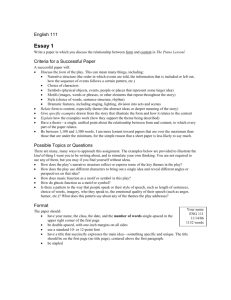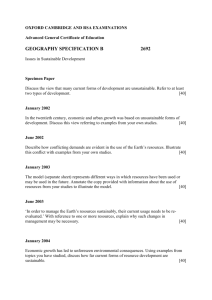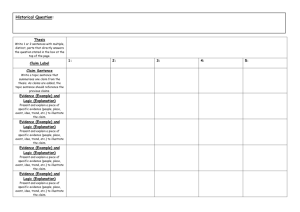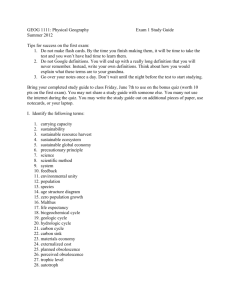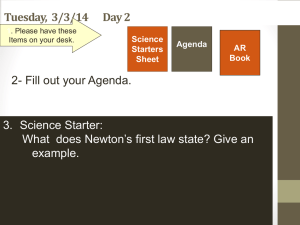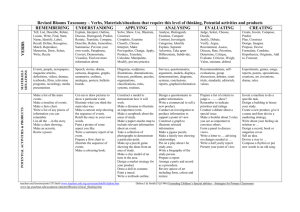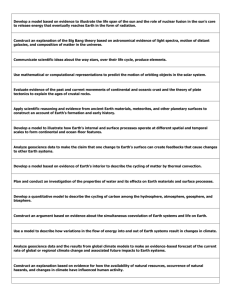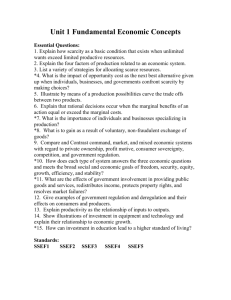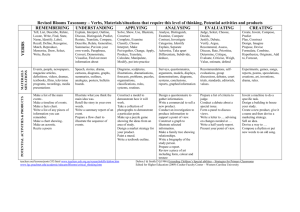IB Bio SL 3-4 Extra Credit Opportunities
advertisement
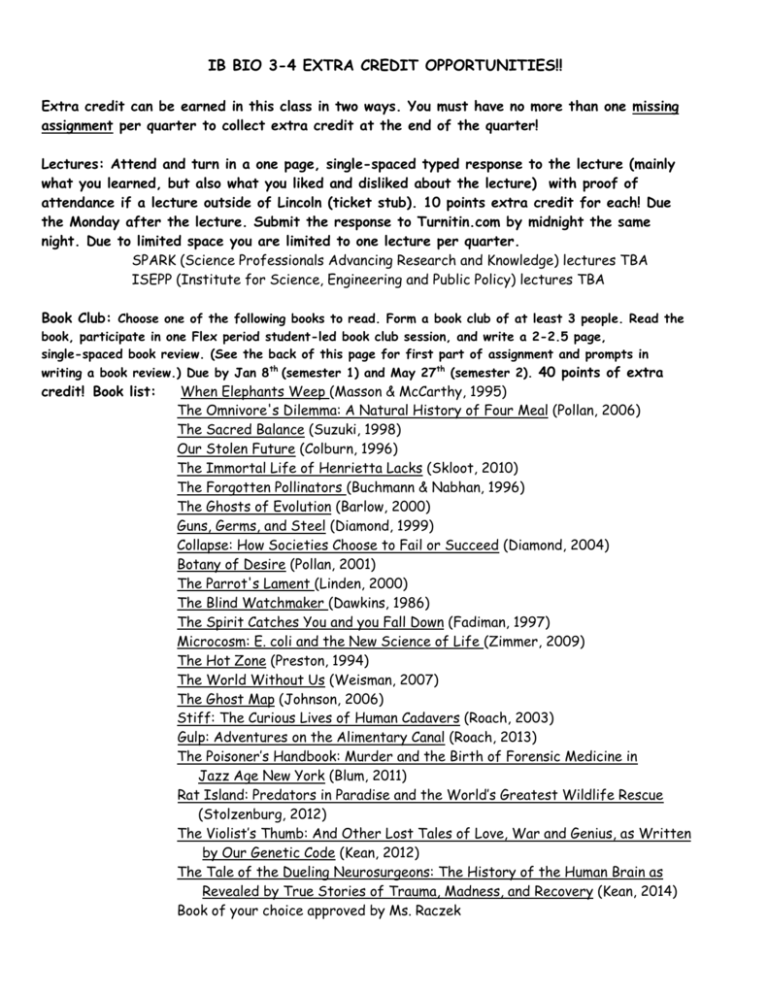
IB BIO 3-4 EXTRA CREDIT OPPORTUNITIES!! Extra credit can be earned in this class in two ways. You must have no more than one missing assignment per quarter to collect extra credit at the end of the quarter! Lectures: Attend and turn in a one page, single-spaced typed response to the lecture (mainly what you learned, but also what you liked and disliked about the lecture) with proof of attendance if a lecture outside of Lincoln (ticket stub). 10 points extra credit for each! Due the Monday after the lecture. Submit the response to Turnitin.com by midnight the same night. Due to limited space you are limited to one lecture per quarter. SPARK (Science Professionals Advancing Research and Knowledge) lectures TBA ISEPP (Institute for Science, Engineering and Public Policy) lectures TBA Book Club: Choose one of the following books to read. Form a book club of at least 3 people. Read the book, participate in one Flex period student-led book club session, and write a 2-2.5 page, single-spaced book review. (See the back of this page for first part of assignment and prompts in writing a book review.) Due by Jan 8 th (semester 1) and May 27th (semester 2). 40 points of extra credit! Book list: When Elephants Weep (Masson & McCarthy, 1995) The Omnivore's Dilemma: A Natural History of Four Meal (Pollan, 2006) The Sacred Balance (Suzuki, 1998) Our Stolen Future (Colburn, 1996) The Immortal Life of Henrietta Lacks (Skloot, 2010) The Forgotten Pollinators (Buchmann & Nabhan, 1996) The Ghosts of Evolution (Barlow, 2000) Guns, Germs, and Steel (Diamond, 1999) Collapse: How Societies Choose to Fail or Succeed (Diamond, 2004) Botany of Desire (Pollan, 2001) The Parrot's Lament (Linden, 2000) The Blind Watchmaker (Dawkins, 1986) The Spirit Catches You and you Fall Down (Fadiman, 1997) Microcosm: E. coli and the New Science of Life (Zimmer, 2009) The Hot Zone (Preston, 1994) The World Without Us (Weisman, 2007) The Ghost Map (Johnson, 2006) Stiff: The Curious Lives of Human Cadavers (Roach, 2003) Gulp: Adventures on the Alimentary Canal (Roach, 2013) The Poisoner’s Handbook: Murder and the Birth of Forensic Medicine in Jazz Age New York (Blum, 2011) Rat Island: Predators in Paradise and the World’s Greatest Wildlife Rescue (Stolzenburg, 2012) The Violist’s Thumb: And Other Lost Tales of Love, War and Genius, as Written by Our Genetic Code (Kean, 2012) The Tale of the Dueling Neurosurgeons: The History of the Human Brain as Revealed by True Stories of Trauma, Madness, and Recovery (Kean, 2014) Book of your choice approved by Ms. Raczek The following are some questions you might want to consider in writing your 2-2.5 page, single-spaced book review. Remember… this is not a book report! The best book reviews use specific examples from the book to illustrate your ideas. They also read like a complete essay, with an introduction, transitions between paragraphs, and a conclusion. When you are ready to write your review, please go to my website for the grading rubric. Briefly, what was the book about? What was the author’s purpose in writing this book? Why did s/he succeed or fail? What did you think of the author’s writing style? Was the author biased in any way? Explain. Was the science explained well? Was the book enjoyable to read? What did the author do to make it so (or not so)? Would you recommend this book to a friend? Why or why not? Bring the completed outline below to the student-led book club discussion and share it with the teacher. Thesis statement: 1st idea, example to illustrate, and page number: 2nd idea, example to illustrate, and page number: 3rd idea, example to illustrate, and page number: 4th idea, example to illustrate, and page number: 5th idea, example to illustrate, and page number: Use additional paper if necessary.
